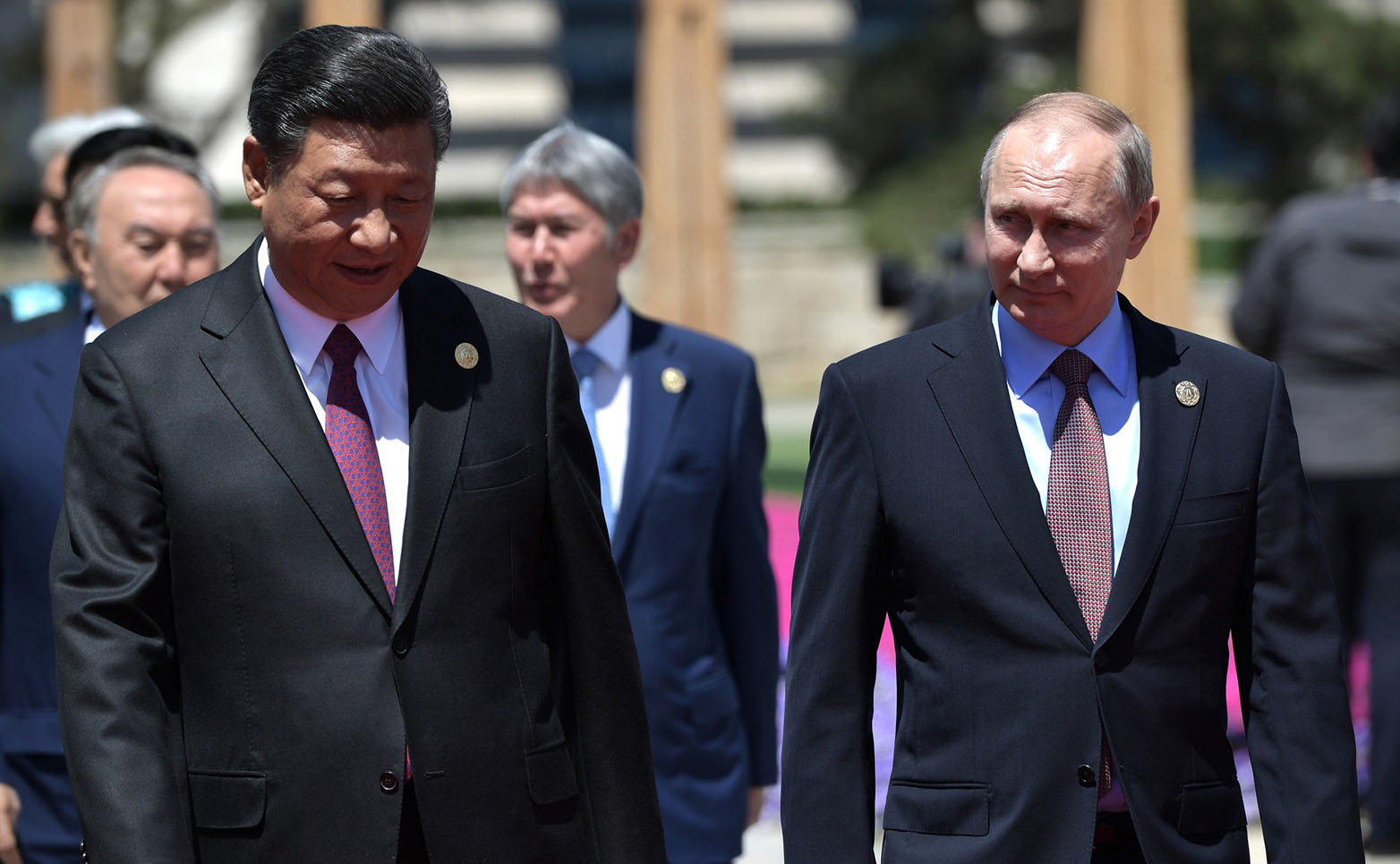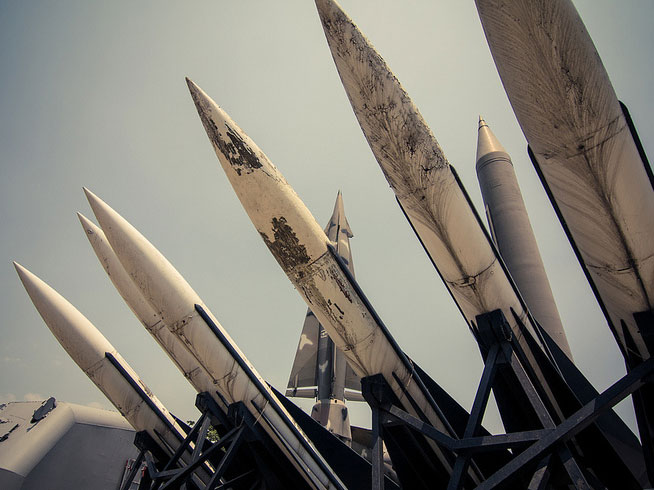 On June 22, Ambassador John Herbst and David Kramer debated whether we should bury the Minsk agreement, the troubled ceasefire agreement in Ukraine, at an Atlantic Council event in Washington, DC. Their remarks have been adapted from the debate.
On June 22, Ambassador John Herbst and David Kramer debated whether we should bury the Minsk agreement, the troubled ceasefire agreement in Ukraine, at an Atlantic Council event in Washington, DC. Their remarks have been adapted from the debate.
By David J. Kramer
The Minsk ceasefire agreement, signed February 15, 2015, by the leaders of Russia, Ukraine, Germany, and France, along with representatives from the OSCE and from Russian-occupied areas of Donetsk and Luhansk (DNR and LNR, respectively), is simply not working. It is time to scrap it and make clear to Russia, through a declaration from Western nations, that sanctions will remain in place—and will be increased over time—unless Russia meets several key conditions. These include withdrawal of its forces and weapons from Ukraine (including Crimea), respect of Ukraine’s sovereignty and territorial integrity, control of the border restored to Ukrainian authorities, and the return to Ukraine of those citizens it kidnapped from Ukrainian territory. Further negotiations with Moscow are pointless given that Russian officials won’t even acknowledge the presence of their forces on Ukrainian soil.
There have not been any new sanctions imposed on Russia despite its failure to live up to a single condition under the Minsk accord. Instead, a number of European leaders, led by German Foreign Minister Frank-Walter Steinmeier and Vice Chancellor Sigmar Gabriel, along with the French parliament and others, have irresponsibly called for an easing if not outright lifting of sanctions. Without German Chancellor Angela Merkel, renewal of EU sanctions would be in jeopardy.
Defenders of Minsk argue it has reduced the fighting. In fact, more than four thousand Ukrainians have been killed since the second Minsk deal was signed last year, almost half the number of total casualties since Russia invaded Ukraine in late February 2014. A serious uptick in fighting in the past two months further belies the claim that Minsk has preserved the peace.




 On June 22,
On June 22, 